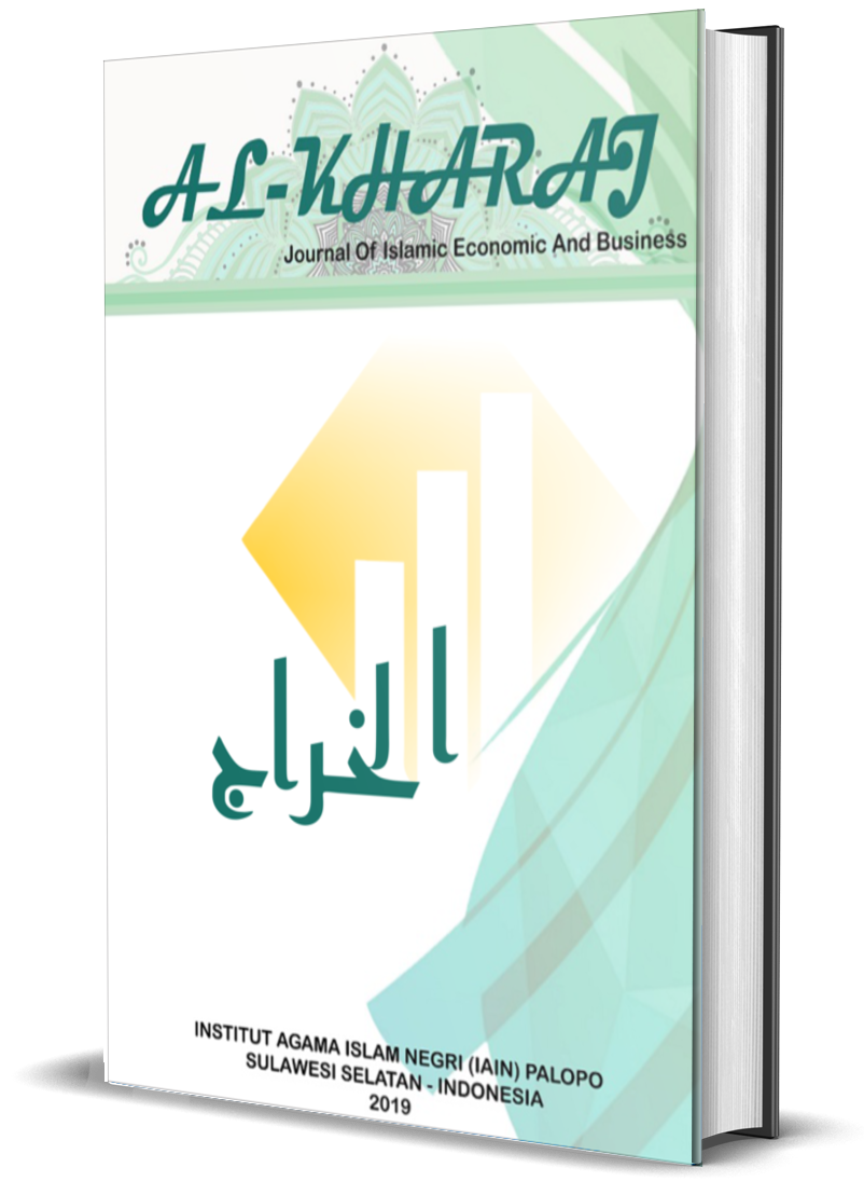Design of Company Management Dashboard With Machine Learning Analysis For Optimization of Arcade Game Centre Operations
DOI:
https://doi.org/10.24256/kharaj.v7i3.7942Keywords:
Dashboard, Machine Learning, Arcade Game Center, Operational Management, Data Visualization, Prediction.Abstract
The growth of the digital entertainment industry, especially arcade game centers, demands an effective and data-driven management system to improve operational efficiency and customer experience. This study aims to design a company management dashboard integrated with machine learning analysis to optimize arcade game center operations. This dashboard is designed to provide real-time data visualization and support strategic decision-making through predictive analysis of machine performance, usage trends, and customer behavior. The research methods used include collecting primary and secondary data from the arcade game center transaction system, designing the system using a waterfall approach, and implementing machine learning algorithms such as K-Means for customer segmentation and Random Forest for machine failure prediction. The results of the study show that the developed dashboard is able to provide relevant and accurate information efficiently, and supports data-driven decision-making. With this system, the company can minimize machine downtime, increase customer satisfaction, and design more targeted promotional strategies. This study proves that the integration between management dashboards and machine learning technology can be an innovative solution for operational optimization in the arcade game center industry. Further implementation is recommended for the development of financial analysis features and integration with customer loyalty systems.
References
Aini, Q., Dyatmika, SW, Chakim, MH, Khasanah, M., & Queen, Z. (2025). Integration of Artificial Intelligence in Digital Marketing Strategies Based on Business Data Analytics. ADI Interdisciplinary Digital Business (ABDI Journal).
Amiruddin, R., Abdullah, M. R., & Noor Bakri, A. (2025). The Influence of e-WOM, Fashion Trends, and Income on the Consumption Style of the Muslim Community in Palopo City: A Quantitative Analysis. El-Qist: Journal of Islamic Economics and Business (JIEB), 14(2), 185–205. https://doi.org/10.15642/elqist.2024.14.2.185-204
Arno, A., & Mujahidin, M. (2024). Enhancing Zakat Management: The Role of Monitoring and Evaluation in the Amil Zakat Agency. Jurnal Economia, 20(3), 397-418. doi:https://doi.org/10.21831/economia.v20i3.53521
Fiqran, M., Mujahidin, M., Bakri, A. N., & Abdulrahman, A. J. A. (2024). Motivation for Waqf in Millennials and Generation Z: Highlighting Religiosity, Literacy and Accessibility. IKONOMIKA, 9(2), 309-332.
Husna, N. (2025). Utilization of Artificial Intelligence in Improving Medical Diagnostic Efficiency. Indonesian Journal of Science and Technology.
Ishak, I., Putri, Q. A. R., & Sarijuddin, P. (2024). Halal Product Assurance at Traditional Markets in Luwu Raya Based on Halal Supply Chain Traceability. Amwaluna: Jurnal Ekonomi dan Keuangan Syariah, 8(2), 224-240.
K, A. ., Astuti, A. R. T. ., & ., Mujahidin. (2024). The Impact of Word of Mouth and Customer Satisfaction on Purchase Decisions: The Role of Maslahah as an Intervening Variable in the Cosmetic Products Industry in Indonesia. Journal of Ecohumanism, 3(7), 1525–1540. https://doi.org/10.62754/joe.v3i7.4307
Kresnadi, MI, Narendra, DA, & Dwinovan, N. (2023). Upskilling and Reskilling Transformation of Human Resources in Facing the Challenges of the 4.0 Revolution in the Port and Logistics Sector. JURNALEKONOMIKA45.
Majid, N. H. A., Omar, A. M., & Busry, L. H., Mujahidin Reviving Waqf In Higher Education Institutions: A Comparative Review Of Selected Countries. European Proceedings of Social and Behavioural Sciences.
Mujahidin, Rahmadani, N., & Putri, Q. A. R. (2024). Analysis of the Influence of Religiosity Values In Reducing Consumptive Behavior in Indonesian Muslim Consumers. Amwaluna: Jurnal Ekonomi dan Keuangan Syariah, 8(2), 253-274.
Mulyana, Y. (2022). REPLACEMENT OF STATE CIVIL APPARATUS (ASN) WITH ROBOTICS IN REALIZING BUREAUCRACY DIGITALIZATION IN THE ERA OF INDUSTRIAL REVOLUTION 4.0. Journal of Social Sciences.
Putri, NJ (2025). DIGITAL MARKETING STRATEGY BASED ON AI, SOCIAL MEDIA, AND BIG DATA. Journal of Economics, Business, and Accounting Management (JEBISMA).
Putri, Q. A. R., Fasiha, F., & Rasbi, M. (2024). Affiliate marketing and intention to adopt mudarabah: The mediating role of trust in Islamic financial decision-making. JEMA: Jurnal Ilmiah Bidang Akuntansi Dan Manajemen, 21(2), 337–362. https://doi.org/10.31106/jema.v21i2.23381
Rahmawati, ET, Apriliani, E., & Diantara, F. (2021). IMPROVING CURRICULUM SUBSTANCE THROUGH INNOVATION IN FACING PROBLEMS IN THE ERA OF REVOLUTION 4.0. Al Yasini: Journal of Islam, Social, Law and Education.
Sapsuha, M. U., Alwi, Z., Sakka, A. R., & Al-Ayyubi, M. S. (2024). Review of Gold Trading Practices on Credit (non-Cash) Based on Hadith. Al-Kharaj: Journal of Islamic Economic and Business, 6(3).
Wulandari, S., Irfan, A., Zakaria, N. B., & Mujahidin. (2024). Survey Study on Fraud Prevention Disclosure Measurement at State Islamic Universities in Indonesia. IQTISHODUNA: Jurnal Ekonomi Islam, 13(1), 327–348. https://doi.org/10.54471/iqtishoduna.v13i1.2305
Downloads
Published
How to Cite
Issue
Section
Citation Check
License
Copyright (c) 2025 Dedy Andriyanto, Antonius Darma Setiawan, Sinka Wilyanti

This work is licensed under a Creative Commons Attribution-ShareAlike 4.0 International License.
Authors retain copyright and grant the journal right of first publication with the work simultaneously licensed under a Creative Commons Attribution-ShareAlike 4.0 International License. In line with the license, authors are allowed to share and adapt the material. In addition, the material must be given appropriate credit, provided with a link to the license, and indicated if changes were made. If authors remix, transform or build upon the material, authors must distribute their contributions under the same license as the original.









